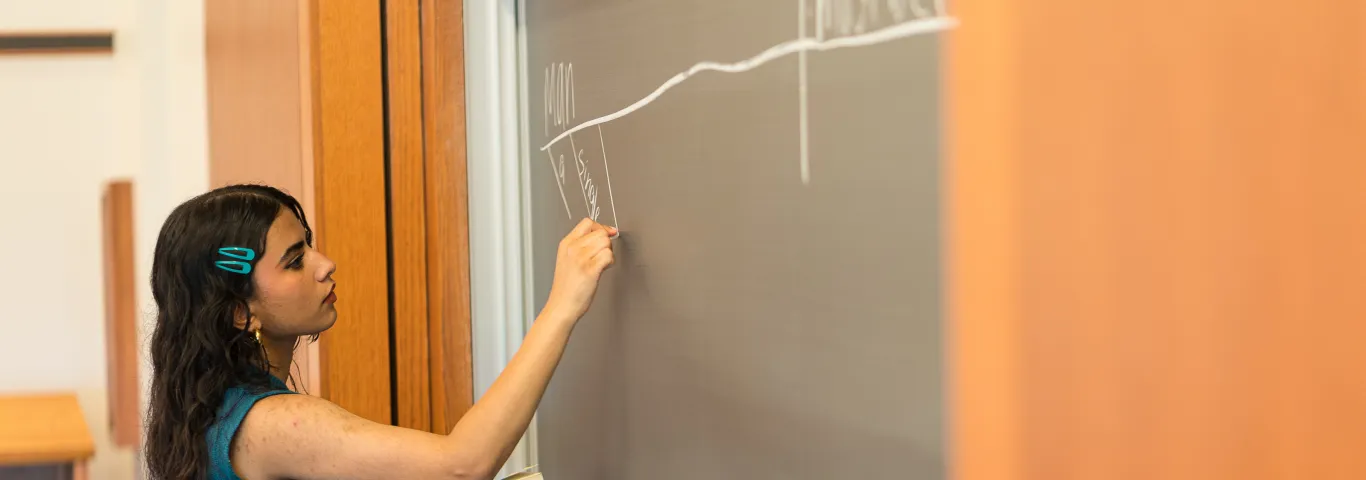Important Update
Thank you for your interest in the PhD program at Washington University. Due to the current challenges in higher education, the Education Department is not accepting any new graduate students in Fall 2026. If you have any questions, I encourage you to contact the Office of Graduate Studies (artscigradadmissions@wustl.edu).
Join a community of scholars.
Doctoral study in education at Washington University in St. Louis is aimed at strengthening and deepening the student's analytical understanding of education in both research and practice. Our doctoral program focuses on two major strands of study:
- Educational Policy Studies
- Educational Psychology
Educational Policy Studies – Students in this concentration wish to understand the policy and social contexts of schooling, and the theoretical assumptions that shape them. Students in this concentration engage in the analysis of educational policy (e.g., school discipline, school choice, and school desegregation) and address systemic inequities, counter deficit notions of those marginalized, and develop deep understandings of sociology and history as they undertake qualitative, quantitative, and historical projects. Such projects examine the interconnected experiences and positionality of educational constituents, including teachers and students, at the individual, organizational, and structural levels. Recent dissertations have included foci such as English language learners' constraints and opportunities; shadow education and its structural relationship with school quality and demographics; school discipline policies, including restorative justice and exclusionary practices; factors impacting under representation of the marginalized in STEM fields; and effects of pediatric chronic disease on developmental and educational outcomes.
Educational Psychology – Coursework in this concentration is designed to help students acquire a foundation in psychological research and theories pertaining to learning and motivation. Among other skills and knowledge, students are expected to develop: (1) an appreciation for the challenges and progress in this area of research; (2) an understanding of how theory and research in psychology can be applied to facilitate learning and motivation in educative contexts broadly construed; (3) the ability to analyze educational practice and policy from the perspective of psychological theories of learning and motivation. Coursework will be based on the needs of the student and determined by consultation between the student and the advisor.
Students working toward a PhD in education are expected to acquire an understanding of education as a complex social, cultural, and moral/political activity and as a field of study with rich literature bases and strong ties to disciplinary knowledge, classroom practice, and a variety of technologies.
Our faculty brings special interests and expertise to the examination of educational interactions in such sites as schools, families, and other cultural institutions. Students are expected to acquire theoretical and empirical expertise in an area of concentration even as they demonstrate their broader understanding of educational processes and problems. Finally, students are expected to acquire methodological competence in empirical inquiry and to pursue questions that are of interest and import for the student individually as well as a larger educational community. Graduates of the PhD program should be prepared to join the community of professional educators who contribute to our understanding of the complexity of education and to continue inquiring into educational processes and problems wherever they choose to work.
